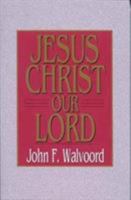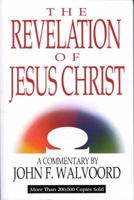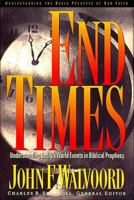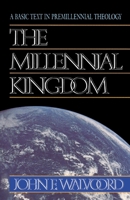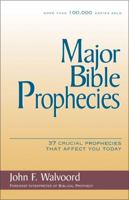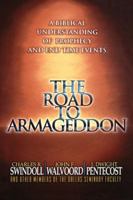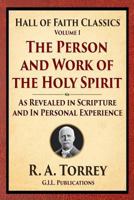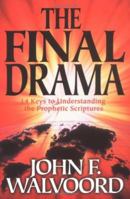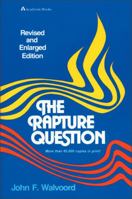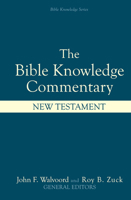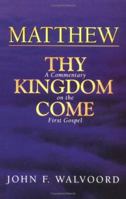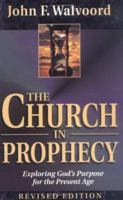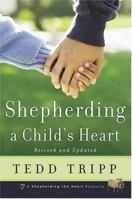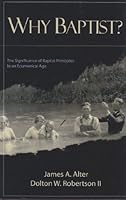Holy Spirit, The
Select Format
Select Condition 
Book Overview
You Might Also Enjoy
Customer Reviews
Rated 5 starsa must read
This is the best book on the Holy Spirit I have read, which is one of fifteen or more books. The teachings are totally Biblical with scripture references to support every teaching. This is a must read for anyone who wants to learn what the scrpturs teach of the person and work of the Holy Spirit, past, present and future.
1Report
Rated 5 starsThe Holy Spirit
Great work! Very enlightening on the person and work of the Holy Spirit in the life of the believer. John Walvoord has done an excellent job in providing a comprehensive theological study of the Holy Spirit in simple and understandable terms. Thank you John.
1Report
Rated 5 starsThe Holy Spirit
This book is an excellent exhaustable study on the Holy Spirit. Its oultine form makes it easy to teach from.
1Report
Rated 5 starsExcellent
This is a must read for anyone looking for a biblical, honest look at the Holy Spirit and His workings. Definitely should not be left out of any study on spiritual gifts, pnumatology, or any of the specific works of the Holy Spirit - baptism, illumination, inspiration, indwelling, anointing etc. I was blessed and instructed by reading this.
1Report
Rated 5 starsOne of the most important books for today's Christian.
With all the talk, differences, discussions and confusion about the Holy Spirit, this book is a classic for any believer. Written by Dr. John F. Walvoord, the esteemed former president of Dallas Theological Seminary and acknmowledge scholar, this book can be trusted to have Biblical answers. It is based totally on the Word of God and not on man's experience. The hard issuses about the Holy Spirit are squarely faced. Answers...
1Report














